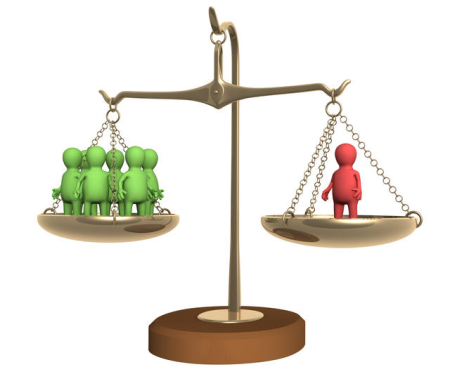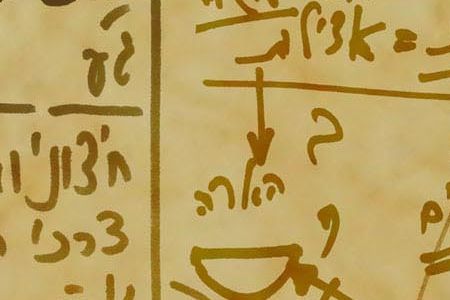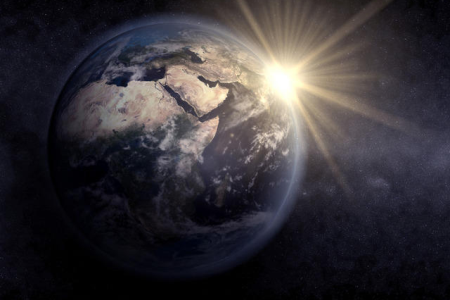Ever Wonder Why Other Species In Nature Are in Balance but Humans Aren’t?
Our reality is built by the interaction of two forces, the desire to receive and the desire to give. When there is an imbalance in between those that forces problems arise.
Our imperiled world is indeed a sad result of man’s lack of recognition of the desire to give. In contrast, the rest of nature is a magnificent display of balance between the two desires. In the diverse ecosystem that is Planet Earth, each creature has its unique role. The system is incomplete if even a single element in it is missing or deficient, be it a mineral, a plant, or an animal.
An eye-opening report submitted to the U.S. Department of Education in October, 2003 by Irene Sanders and Judith McCabe, PhD, clearly demonstrates what happens when we breach nature’s balance. “In 1991, an orca—a killer whale—was seen eating a sea otter. Orcas and otters usually coexist peacefully. So, what happened? Ecologists found that ocean perch and herring were also declining. Orcas don’t eat those fish, but seals and sea lions do. And seals and sea lions are what orcas usually eat, and their population had also declined. So deprived of their seals and sea lions, orcas started turning to the playful sea otters for dinner.
So otters have vanished because the fish, which they never ate in the first place, have vanished. Now, the ripple spreads, otters are no longer there to eat sea urchins, so the sea urchin population has exploded. But sea urchins live off seafloor kelp forests, so they’re killing off the kelp. Kelp has been home to fish that feed seagulls and eagles. Like orcas, seagulls can find other food, but bald eagles can’t and they’re in trouble.
All this began with the decline of ocean perch and herring. Why? Well, Japanese whalers have been killing off the variety of whales that eat the same microscopic organisms that feed pollock [a type of carnivorous fish]. With more fish to eat, pollock flourish. They in turn attack the perch and herring that were food for the seals and sea lions. With the decline in the population of sea lions and seals, the orcas must turn to otters.”
Thus, true health and well being are achieved only when there is harmony and balance among all the parts that make up an organism or a system. Yet, we are so unaware of the other force in life, the giving force, that we cannot achieve this balance, or even positively define what being “healthy” means.
What Everybody Ought to Know About Depression & How to Overcome It
The definition of health in the Britannica Concise Encyclopedia truly captures our sense of bafflement: “Good health is harder to define than bad health (which can be equated with presence of disease) because it must convey a more positive concept than mere absence of disease.” But because we have no perception of the positive force in life, we cannot define a positive state of existence.
Continue reading “The Surefire Way for You to Achieve Balance in Life”




